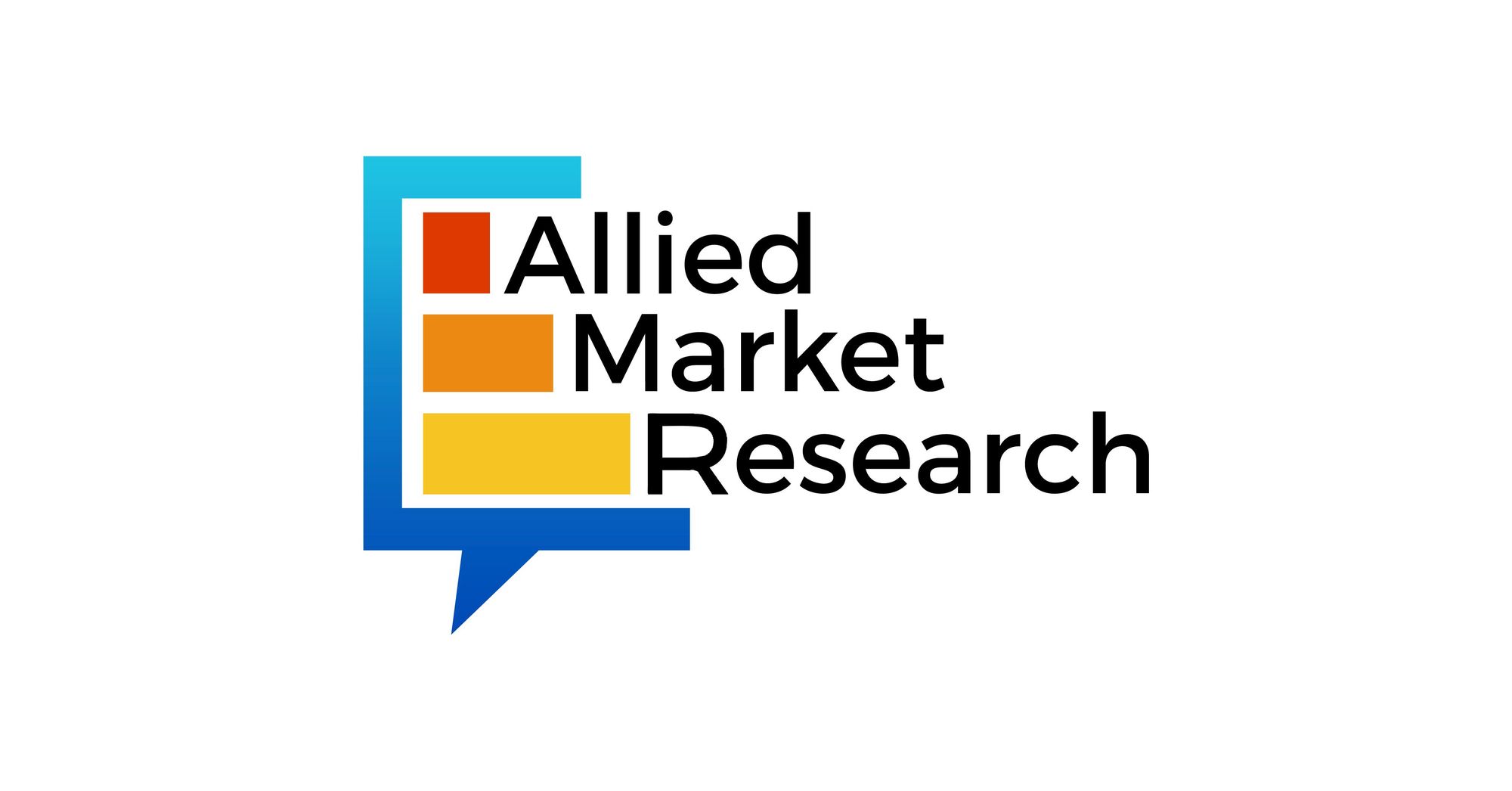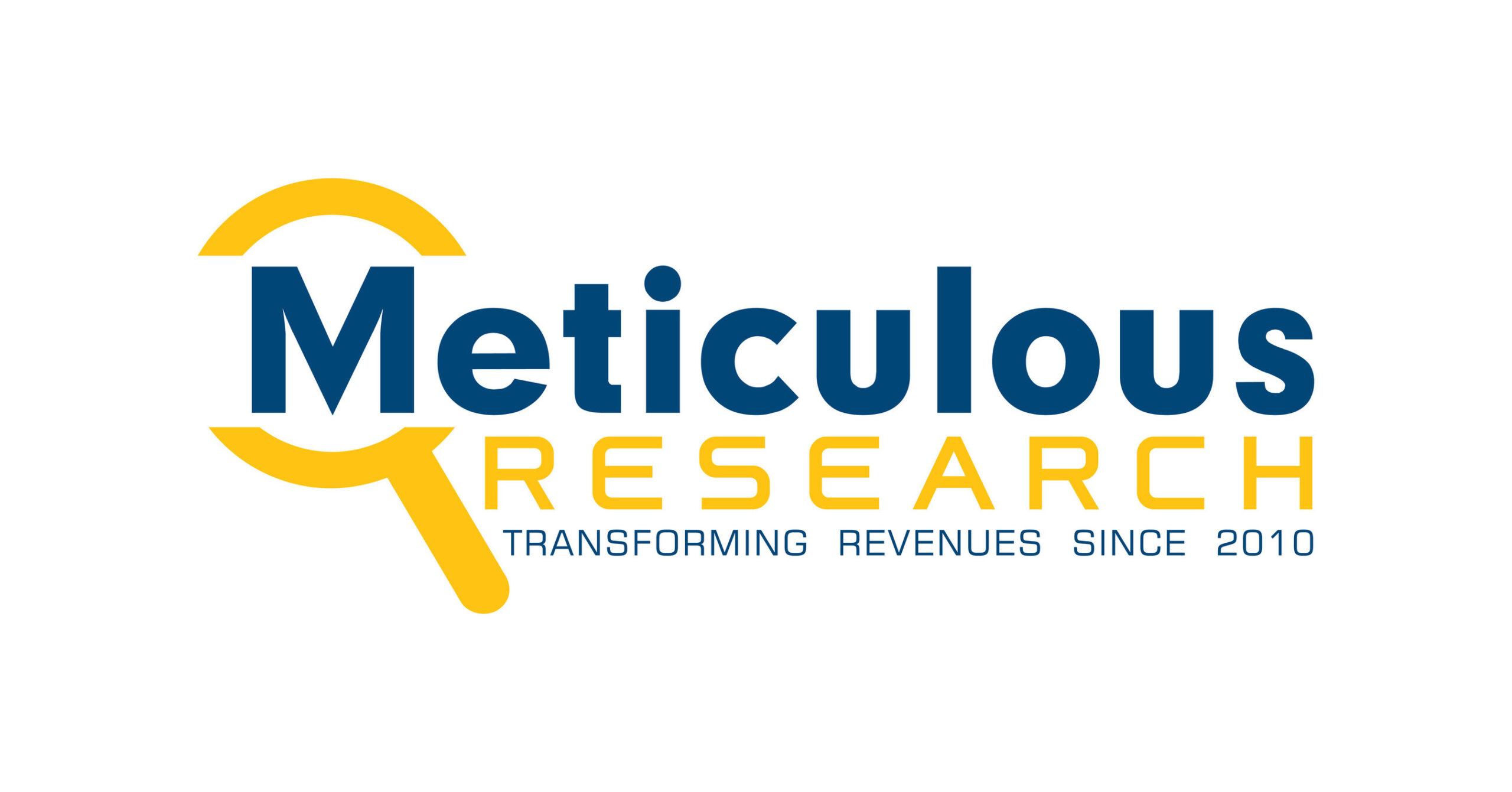Nigeria is grappling with a severe fuel scarcity crisis, leaving citizens frustrated as they endure long queues at filling stations across major cities like Abuja, Port Harcourt, Lagos, Ibadan, and Kano. With fuel prices skyrocketing—reaching as high as N1,000 per litre in some areas—black markets have thrived, further complicating the situation. Meanwhile, transportation costs have surged nationwide, exacerbating the already dire economic conditions.
Conflicting Explanations
The root causes of the fuel scarcity are mired in confusion, as various stakeholders offer differing explanations. NNPCL (Nigerian National Petroleum Corporation Limited) has cited weather-related disruptions, such as recent rains and siltation in transport channels, as significant obstacles to distributing petroleum products. Despite these challenges, NNPCL claims to be addressing the situation, particularly in Lagos, where vessels are reportedly offloading fuel.
On the other hand, PETROAN (Petroleum Products Retail Outlets Owners Association of Nigeria) blames ongoing logistics issues, particularly with ship-to-ship transfers, which have hampered the delivery of fuel to depots and retailers. PETROAN emphasizes that until these supply challenges are resolved, the cycle of scarcity is likely to persist.
IPMAN (Independent Petroleum Marketers Association of Nigeria), which represents over 3,000 members, accuses NNPCL of failing to provide adequate fuel supplies, alleging that NNPCL has sidelined its members in favor of other groups. IPMAN’s chairman, Shina Amoo, highlighted bureaucratic delays and insufficient product distribution as major issues, claiming that these factors have forced many marketers to turn to private depots that charge premium prices.
The Fuel Subsidy Debate
Amid these conflicting narratives, the issue of fuel subsidy removal looms large. Critics argue that the government’s handling of the subsidy removal has been inadequate, leading to recurrent fuel shortages. NNPCL’s Chief Financial Officer, Umar Ajiya, acknowledged that the corporation has been selling petrol at half the landing cost, which is around N1,200 per litre, leading to a N7.8 trillion shortfall in the first seven months of the year. Despite the government’s insistence that it is not paying subsidies, many believe that the current scarcity is a direct result of the subsidy policy and the lack of transparency surrounding it.
A member of DAPPMAN (Depot and Petroleum Products Marketers Association of Nigeria) expressed that as long as the government continues to deny the existence of subsidies, the fuel scarcity issue will persist. He pointed out that the subsidy system creates corruption, kills competition, and undermines investor confidence.
The Way Forward
Analysts have condemned the federal government’s handling of the fuel distribution crisis, arguing that the policy of making NNPCL the sole importer of fuel has exacerbated the situation. Some suggest that the government’s reluctance to fully embrace contributions from private entities, such as the Dangote Refinery, is further complicating efforts to stabilize the oil industry. Until a comprehensive and transparent approach is adopted, it seems likely that Nigerians will continue to suffer the consequences of this ongoing crisis.
Source: thisdaylive.com





